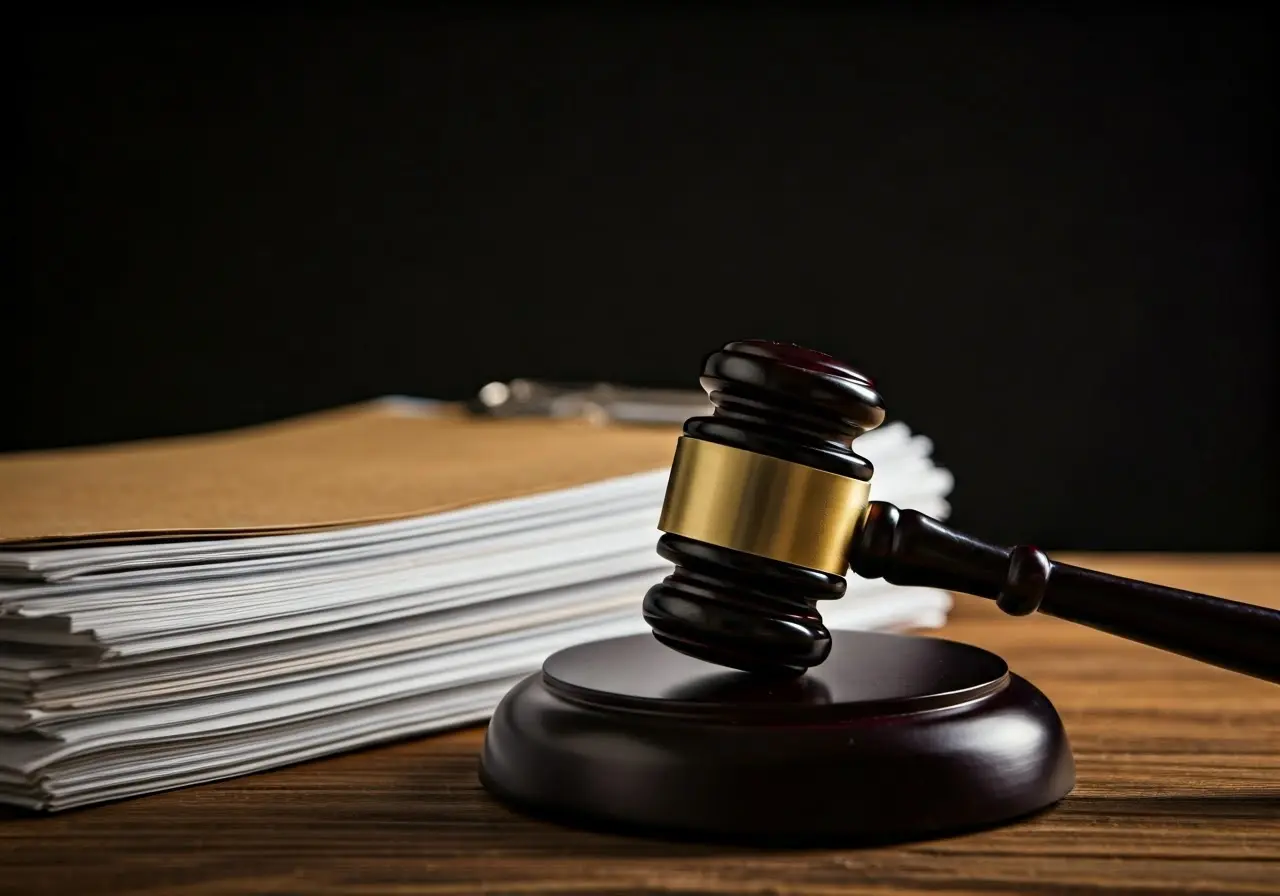Finding yourself charged with drug possession can be a jarring experience. It’s important to stay calm and take specific steps to ensure your rights are protected. In this blog, we’ll explore the key actions to take immediately if you find yourself in this challenging situation.
1. Stay Calm and Composed
The first step is to remain calm. Panicking can lead to poor decision-making. Take deep breaths and try to focus on the next steps you need to take.
It’s natural to feel overwhelmed when faced with such a serious charge, but staying composed helps in clear thinking. Remember, your emotional state can influence how situations unfold. Take a few moments, breathe deeply, and remind yourself that this is a process that you can navigate with the right actions.
2. Know Your Rights
Understanding your rights is crucial. You have the right to remain silent and you should exercise this right until you have spoken to an attorney.
It’s important to note that law enforcement may try to engage you in conversation. Politely but firmly asserting your right to remain silent protects you from inadvertently incriminating yourself. Additionally, knowing the rights granted to you under the law can often be your first line of defense.
3. Seek Legal Counsel Immediately
Contacting a lawyer who specializes in drug-related cases should be your next move. A knowledgeable attorney can guide you through the legal process and help protect your interests.
An experienced criminal defense attorney can help you understand the charges against you and the legal options available. They can help in developing a strong defense strategy, making negotiations, and ensuring your case is handled professionally. Time is of the essence here, so reaching out to a lawyer swiftly is crucial.
4. Document Everything
Write down all details about your arrest, including the time, location, and any interactions with law enforcement. This information may be crucial for your defense.
Pay close attention to the sequence of events leading up to and during your arrest. Precise documentation can serve as an important tool, potentially highlighting discrepancies or misconduct during the arrest process. Always secure a copy of your arrest record and any pertinent paperwork you receive from the authorities.
5. Keep Communication Open with Your Lawyer
Maintain open lines of communication with your attorney, providing them with any new information that could be relevant to your case.
Transparent communication can form the bedrock of a strong legal strategy. If any new details come to light, or if you remember something significant about your arrest, inform your lawyer immediately. Every piece of information can be pivotal, and ensuring your lawyer has all the necessary details aids in crafting an effective defense.
6. Stay Off Social Media
Refrain from posting about your situation on social media. Anything you say online can be used against you in court.
It’s easy to let emotions spill over onto social platforms, but maintaining a low profile here is advisable. Social media posts can be misconstrued and used out of context in a court of law. Restrict your posts while you handle your legal affairs to avoid any unintended ramifications.
7. Consider Bail Options
Discuss with your lawyer about your options for bail and plan accordingly to secure your release before trial.
When faced with detention, it’s essential to understand your bail options. Your lawyer can explain the types of bail available and help choose the best method to secure your prompt release. Make sure you or a trusted person understands the bail process to plan financially for whatever amount is set.
8. Plan for Legal Fees
Understand the financial implications of your case and set up a plan to manage legal fees and other expenses.
Legal defense isn’t just about finding the right representation—it’s about planning for potential financial responsibilities, too. Discuss fee structures and any payment plans with your attorney to avoid unexpected financial burdens down the road. Being prepared means fewer surprises as your case progresses.
9. Comply with Legal Requirements
Ensure that you comply with all legal obligations such as attending court dates and following any conditions set for your bail.
Your commitment to meeting all legal obligations significantly impacts your case’s outcome. Missing court dates or violating bail conditions can not only hurt your defense but also result in additional legal penalties. Adherence to all legal protocols reinforces your commitment to rectifying the situation.
10. Evaluate and Reflect
After handling the immediate concerns, take time to reflect on the situation and consider any changes you need to make moving forward.
Personal reflection is a powerful tool for growth and change. Consider how this situation unfolded and recognize any patterns or behaviors that need adjustment. By evaluating your circumstances, you can take proactive steps to make positive changes in your life, reducing the risk of recidivism.





